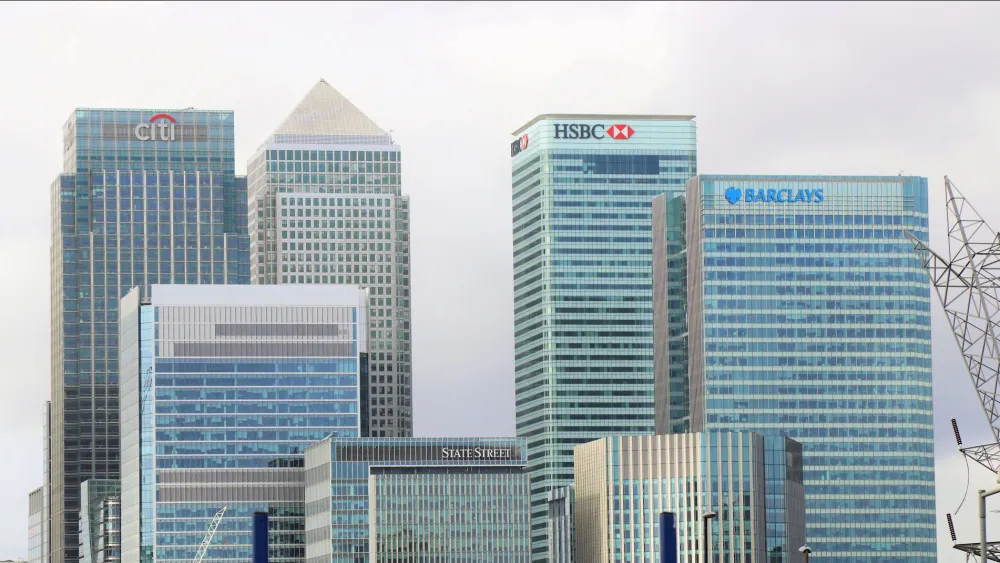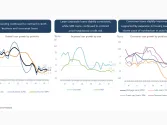Why Singaporean investors should bet on Australia’s hospitality sector for strong returns
By Dr. Sabine SchafferInvestors are starting to view hotels as not just a safe investment, but also a profitable one.
In the post-pandemic world, where the investment landscape is transforming rapidly, one asset class is emerging as a frontrunner - hotels. Australian hotels, in particular, have caught the eye of Singaporean investors, and for good reason. With shifting consumer behaviours, booming demand for travel, demographic growth, and demonstrated resilience, investors are beginning to see hotels not only as a safe bet, but as a lucrative opportunity.
The Australian hospitality sector shows growth and resilience
Despite economic pressures, global travel is rebounding, with Asia-Pacific leading the way. According to recent research by the Mastercard Economics Institute, the APAC region is seeing stronger travel momentum than other parts of the world. This presents a golden opportunity for the hospitality sector, with Australian hotels standing out as particularly attractive investments.
The hospitality industry is a resilient asset class with a bright future. Hotels have emerged as a preferred investment in Asia Pacific, driven by changing work patterns, strong demand for travel, and the demonstrated resilience of hotels after the pandemic. The versatility and buoyancy of hotels make them an ideal choice for investors compared to other asset classes like retail or office spaces, which have struggled to recover post-pandemic.
According to STR, a global leader in hotel industry data, the APAC region recorded a 15% year-on-year increase in Revenue Per Available Room (RevPAR) in 2023, while the office sector saw only a 2% increase, and the retail sector faced stagnant or declining rents. The disparity between these sectors illustrates why hotels have become a preferred investment in the region.
Why Singaporean investors are turning their attention to Australian hotels
Ronald Barrott, Founder and Chairman of Pro-invest Group says, “For Singaporean investors, the opportunity in Australian hotels is particularly compelling. Strong cultural and business ties between Singapore and Australia create a seamless environment for cross-border investments, and strong tourism demand along with high room rates make it a safe bet.”
Pro-invest has built a network of over 30 hotels across Australia, from luxury to economy and as tourism continues to bounce back, demand for hotel rooms is outpacing supply, making hotels an even more attractive proposition. This presents a rare opportunity for investors to tap into a market where demand is robust, and competition is relatively low.
At the same time, Frank Knight’s latest Prime Global Rental Index (PGRI) for Q2 2024 shows that Sydney is leading the world in prime residential rental growth, rising by 13.9% to June 2024, pushed up by strong immigration and a lack of supply. This demonstrates a clear demand for more residential development.
In today’s volatile economic climate, investors are seeking asset classes that offer a hedge against inflation. Hotels, with their ability to adjust daily room rates, provide this advantage, allowing investors to better navigate fluctuating markets. In contrast, office and retail spaces are typically bound by long-term lease agreements, limiting their ability to adjust to inflationary pressures. This flexibility makes hotels an appealing option for savvy Singaporean investors looking for stability.
Moreover, hotels offer a versatility that other asset classes simply cannot match. Operating 24/7, hotels serve a multitude of purposes: they are not just places to stay, but also venues for business meetings, conferences, and social gatherings. This multi-faceted usage ensures that hotels remain relevant even as work patterns and lifestyles evolve. For example, while office buildings may only see peak usage a few days a week due to hybrid work models, hotels continue to operate at full capacity, hosting leisure and business travellers alike.
International visitor arrivals in Australia are projected to grow by 10% annually over the next five years, fuelled by the region’s middle-class expansion and the growth of low-cost airlines making travel more accessible. The middle-class population in APAC is expected to swell to 3.49 billion people by 2030, bringing with it increased spending power and a heightened desire to travel. For Singaporean investors, this growing appetite for travel, particularly among tourists from APAC, underscores the long-term profitability of investing in hotels in Asia Pacific.
Flex living is on the rise
The post-pandemic world has accelerated several trends that are transforming the hospitality industry, providing further motivation for investment. One of the most significant shifts is the growing preference for experiences over ownership, particularly among Millennials and Gen Z consumers. This trend is evident across sectors such as transportation, where ridesharing services like Grab and Uber are replacing car ownership, and housing, where short-term rentals and fractional ownership models are gaining popularity.
In the hospitality industry, this trend has manifested in the growing demand for extended-stay hotels, co-living spaces, and more flexible accommodation options. Pro-invest Group has been quick to recognise this shift and has expanded its offerings to include flex-living accommodations. These properties cater to modern consumers seeking convenience and flexibility, while also offering investors a dynamic and diversified portfolio.
Looking ahead, the outlook for the hotel industry in Australia remains optimistic. As travel restrictions ease and infrastructure improves, Australia is poised to become an even more popular destination for international travellers.
Beyond traditional hotels, there are also great investment opportunities in the flex-living sector. These alternative accommodation models are gaining traction as consumers seek more flexible, affordable, and community-driven living options. For Singaporean investors, the rising popularity of flex-living means that investors who seize the moment will benefit from long-term growth.
In a world where experiences are becoming more valuable than possessions, and travel is no longer seen as a luxury but a necessity, investing in hotels and flex-living is not just a financial decision, it’s a strategic move toward a future where hospitality is at the heart of global commerce. Singaporean investors have a unique opportunity to be part of this transformation.



















 Advertise
Advertise









